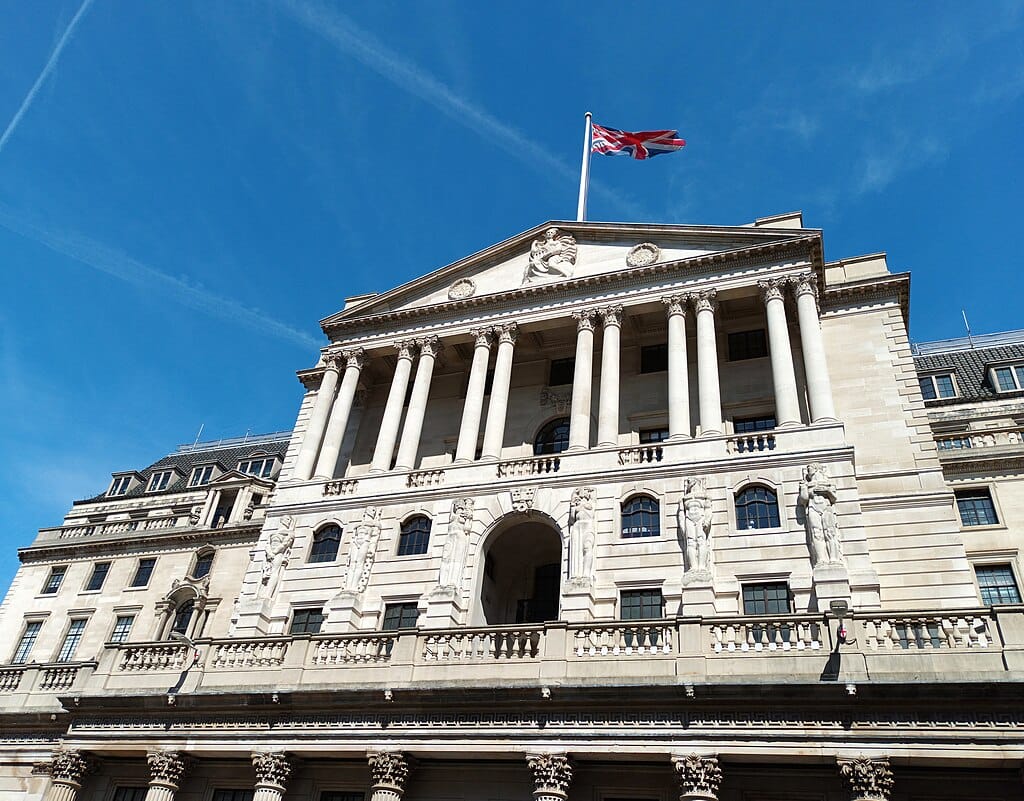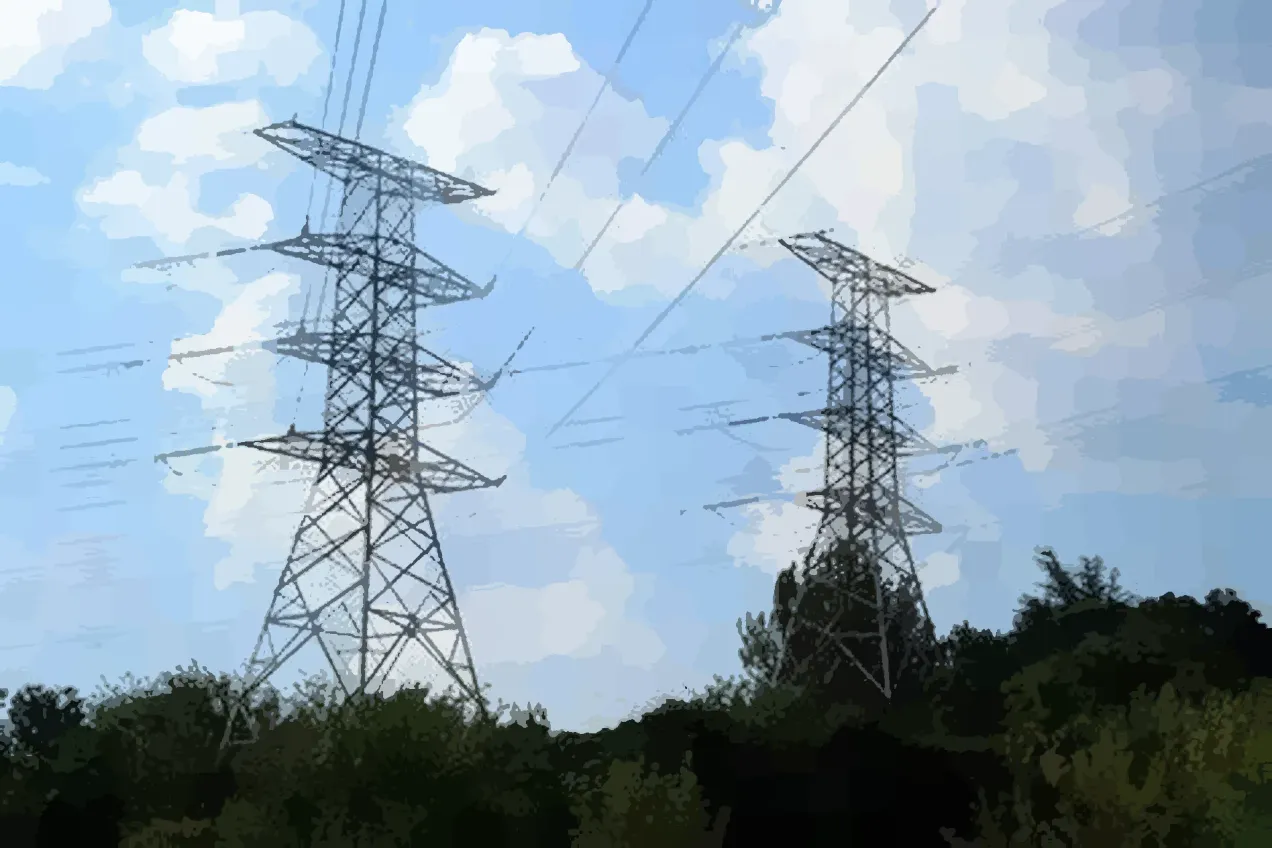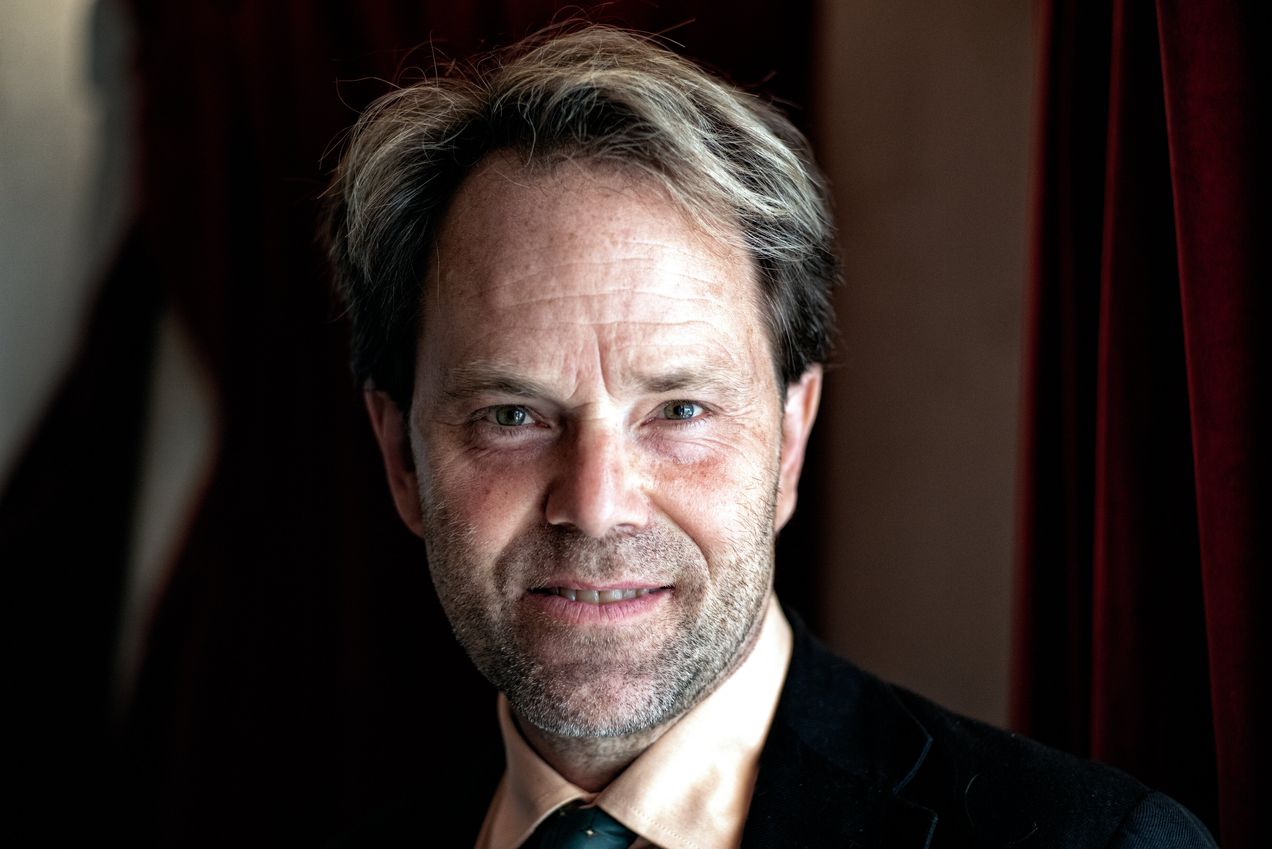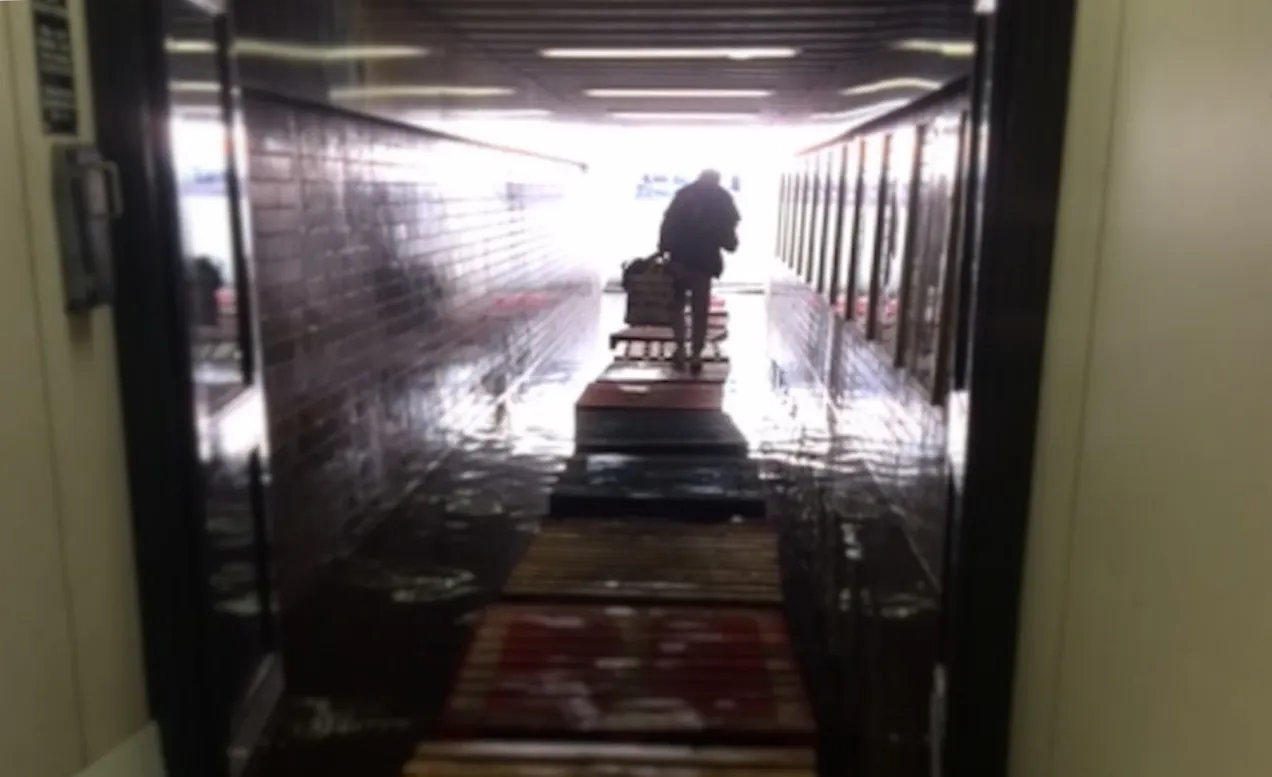Gases
Gases or 'Green House Gases' are essays published by Green House Think Tank which explore a particular, usually topical issue or subject.
Green Leadership – Questions for candidates
Questions for the candidates in the 2025 leadership elections for UK-based Green Parties.
Can We Thrive Without Overheating the Planet? Lessons from Costa Rica and Uruguay
This article asks: is it possible to secure high levels of wellbeing while keeping emission levels within a fair and sustainable limit? It takes a global perspective, identifying countries that effectively support their citizen's wellbeing using significantly few resources.
The Great British Pension Fiasco
The Great British Pension Fiasco unearths the uncomfortable truth about the very institutions entrusted with safeguarding the UK’s financial stability. This is a tale of the failed governance that paved the road to more austerity, stalling the green transition and gutting social investment.
You Never Give Me Your Money
The COP29 conference is floundering with the usual tussle between the Global South asking for financial support to green their energy systems and the Global North pleading poverty. This article looks at some radical solutions for this impasse.
Reinventing Politics: Some Post-Electoral Thoughts For The Conservatives
This piece by Rupert Read and Liam Kavanagh (co-Directors of the Climate Majority Project), with a companion piece addressed to Labour and Read’s earlier piece on the Green Party, form a series reflecting on the new UK political situation from the perspective of Green House’s interests and concerns.
Reinventing politics: some post-electoral thoughts for labour
This piece by Rupert Read and Liam Kavanagh (co-Directors of the Climate Majority Project), with companion pieces addressed to the Conservatives and (by Read) to the Green Party, form a series reflecting on the new UK political situation from the perspective of Green House’s interests and concerns.
Spinning plates: balancing pressures for nutrition and planet
How should the UK's Eatwell Guide be brought up to date, incorporating sustainability as well as health considerations?
The Many Dimensions of Energy
Gareth Wyn Jones, Emeritus Professor at Bangor University, formerly Director, Centre for Arid Zone Studies and Chief Scientist, Countryside Council for Wales, argues that humanity's over-use of energy as such, rather than simply its reliance on fossil fuels, drives global warming and much else.
The true power of the Green Party is now: to admit our own powerlessness to ‘save the world’
How to parlay four MPs into a genuinely transformative response to the climate and ecological emergency? A prominent Green thinker offers a challenging proposal.
Climate Emergency: Economics, Politics, Honesty
This Framing Paper by Jonathan Essex on behalf of Green House Think Tank outlines areas of focus for our forthcoming project. Green House is grappling with what this all means in practice and welcomes contributions and collaboration.
A Green Vision for English Devolution
Whilst recognising the limitations of the current system of English devolution, should the Green Party also take the opportunity to propose a radical alternative vision for devolution?
Climate and Justice
John Foster links climate, justice and morality in a way which readers may not be expecting. He argues that instead of seeing our responsibilities here as obligations of justice, now very much the standard story, we need to contrast them with the kind of obligation which justice imposes on us.












